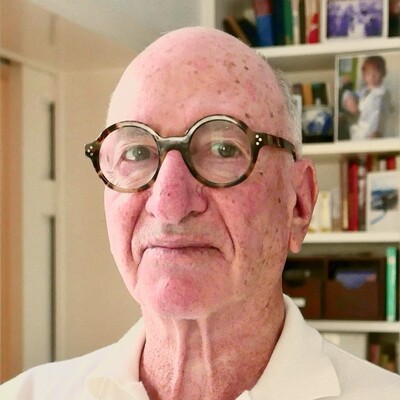Pakistan: Booting Out Sharif
Pakistan’s Prime Minister Nawaz Sharif being kicked out of office for corruption is a triumph for transparency and justice.
July 29, 2017
Pakistan, long seen as one of the most corrupt countries in the world, is revelling in a day of transparency and justice. The five-member Supreme Court voted unanimously to kick Prime Minister Nawaz Sharif out of office and ban him from any official post for 10 years.
Sharif has again been a victim of his own corrupt ways. This time disclosures in the “Panama Papers” brought about his downfall; last time, in 1999, a military coup forced him into exile in Saudi Arabia.
Sharif’s ousting immediately raises two key issues: First, will this finally open the door to meaningful anti-corruption actions in Pakistan?
Second, will this finally convince the British authorities to take tough measures against foreign kleptocrats who launder their stolen cash into UK real estate?
A familiar pattern
Pakistan has been here many times before. Corruption in the highest ranks of government has been the norm. Sharif heads and controls the Pakistan Muslim League political party and it may take some time for it to regroup after the Supreme Court’s decision.
But Nawaz has far-reaching political ties and it would be no surprise if he finds a way, maybe in a few years time, to return to the center of the political stage.
Meanwhile, it is worth watching his brother, Shenbaz Sharif, the chief minister of Punjab. The odds are that, despite the courage of the Supreme Court, graft and politics will continue to thrive.
Cheering wildly right now is populist politician Imran Khan who has consistently pressed for comprehensive investigations of real estate holdings that Nawaz Sharif and his family owned in London.
Political pressures mounted and the Supreme Court established an independent “Joint Investigation Team (JIT)” consisting of five respected senior public officials.
Their report showed that offshore companies owning London properties were directly controlled by Sharif’s children and that in one case his daughter, Maryam, forged documents to mask the true ownership.
The properties, including four apartments in London’s posh Park Lane, are said to be worth far in excess of the public earnings of Prime Minister Sharif or the incomes of his children.
Spotlight on the UK
The findings shine the spotlight on UK real estate and the British government’s tolerance for laundered incoming cash. Duncan Hames, director of policy at Transparency International-UK says:
“The Government has repeatedly committed to introduce a register of the real owners of overseas companies that own property here, so it’s high-time those words were turned into action. The need to act is well illustrated by the case of London property connected to Nawaz Sharif.”
Hames adds, “Knowing who is owning UK property is the first step to being able to seize and eventually return assets to the people from whom they have been stolen. Until the Government brings in all the necessary tools to do this, our country will remain a safe haven for dirty money from around the world.”
Pakistan – U.S. relations
U.S. government officials are monitoring the latest developments from several perspectives. The relationship between the U.S. and Pakistan’s military in particular is both vital and delicate.
The Pakistani military and its intelligence service are likely to distance themselves from the political turmoil that is bound to dominate politics in Islamabad for a time, yet assure their U.S. partners that they will keep control of all security issues.
Then, the U.S. Justice Department and the Federal Bureau of Investigation will be encouraged by the news from Pakistan. Senior officials assure me that the Trump administration is not reducing efforts to investigate and prosecute money launderers. They will continue to open new cases, and encourage tougher legislation.
The U.S. Treasury and the U.S. Congress are moving now to forge a bi-partisan anti-money laundering strategy and the ousting of Sharif will add momentum to this effort.
Footnote: the latest developments in Pakistan are a victory for investigative journalism and may encourage more news organizations to focus on international money laundering that today exceeds an annual volume of one trillion U.S. dollars.
The “Panama Papers” were released in April 2016, by the International Consortium of Independent Journalists and consisted of more than 11 million documents from the Panama based law firm of Mossack Fonseca. Those documents highlighted the vast networks of offshore holding companies that are used by criminals, corrupt politicians and tax evaders across the globe.
The first leading politician to be ousted as a result of the release of the “Panama Papers” was Iceland’s Prime Minister Sigmundur Davíð Gunnlaugsson, who had secretly held financial assets in an offshore company. Nawaz Sharif is a far bigger fish.
Takeaways
Pakistan has been here many times before. Corruption in the highest ranks of government has been the norm.
The relationship between the US and Pakistan’s military is both vital and delicate.
The Trump administration is not reducing efforts to investigate and prosecute money launderers.
